One of the biggest buzzwords in business at the moment is ‘storytelling’. Marketers, entrepreneurs, PR specialists, CEOs and anyone who needs to promote their business (i.e. anyone in business) are obsessed with storytelling. And for good reason. Stories make us think, and more importantly they make us feel. And they help us remember ideas and concepts far more effectively than facts and figures.
Being able to tell stories in business really helps you connect with people and in this fabulous digital age we now have so many wonderful ways to communicate our stories.
As a pitch and presentation specialist I continually study the latest research and ideas on storytelling and am always looking for ways to further develop my own storytelling ability. So, I was absolutely delighted to have the opportunity recently to see well known Scottish businessman, Bob Keiller, delivering a Business Storytelling workshop to a group of entrepreneurs at the Elevator business support facility in Aberdeen.
In my opinion Bob is a brilliant storyteller. He also has a background as an engineer, so he likes to know the why and how of things. He has done a lot of research analysing which structures are effective and why, and has now come up with his own story structure which he shared during the workshop. Throughout the session he demonstrated in various ways that it works, and in fact his entire session was full of stories to reinforce his points which made it extremely entertaining as well as educational.
Without giving away all of Bob’s secrets (you’ll need to get yourself along to one of his workshops for that!), here are some of the key messages he shared during the session:
Why are stories the key to your success?
In Bob’s words, “Stories are the rocket fuel for business presentations.” A presentation must be memorable, compelling and told in an authentic and passionate way and stories are the key to this. They enable the message to be simplified and help you to connect with people emotionally. It has been proven that buying decisions are first emotional and then the buyer looks to rationalise the decision later, so stories are crucial because they engage the heart.
How can you make your stories compelling?
Always look for the drama, the catalyst, the struggle and expand on that. According to Bob, this is where some people go wrong; they skim over the bit about the struggle or the problem which is the part that listeners really connect with so it’s important to spend time focusing on the challenge.
Bob also suggested that you make your stories 3D or even 4D. By that he means adding detail (e.g. dates and places), adding descriptions and including dialogue to bring characters to life. You also need to dramatize your stories and show the drama in the telling. This is something Bob is particularly good at; he uses movement, gestures, vocal variety and even props to bring his stories to life. In addition, the passion and enthusiasm he shows when telling his stories means you can’t help but be compelled to listen to the message he is sharing.
Where can you find stories?
According to Bob, unless you have never experienced a change you will always have interesting stories to tell. Any time in your personal or business life that you have experienced a change, a challenge or a struggle of some sort there will be stories, and these can all be used to bring your presentations to life. Start with the takeaway message, or the implication, then think about a challenge related to this before building out the other parts of the story. In business you will find stories of how your product or service resolved a customer’s problem, or stories that stem from your company developing new products or services, improving processes or adding new skills.
How can you improve your storytelling ability?
Like anything, the key to improving your storytelling ability is to do it. Bob and I are extremely aligned in our view that once you have drafted the outline of your story you need to rehearse it by yourself, then practice it in front of other people, and most importantly, you need to be open to constructive feedback on how it can be refined and enhanced.
Overall, the Business Storytelling workshop was fabulous and I’m so grateful to have had the opportunity to sit in on a session delivered by someone I admire and respect. Bob has a wealth of knowledge and backs it up with personal experience having delivered thousands of presentations throughout his career. I could write a book filled with the hints and tips he shared about business storytelling in this one-day workshop, but I’m hoping Bob will write it himself! And if he does (hopefully ‘when’ he does), I’ll be first in line to buy it. His presentations and training sessions are a great example of the power of storytelling. If you’d like to hear some of Bob’s stories (and a fantastic spontaneous one liner as a result of a problematic prop) I highly recommend you watch his TEDx talk.
Mel Sherwood is a Presentation Skills and Personal Impact Speaker and Founder of The RED Effect™. She works with ambitious business leaders, teams and individuals who want to express themselves with confidence, credibility and charisma. An Australian based in Scotland, Mel is an award-winning speaker, author and coach and combines over 25 years’ experience in business with a background as an actor, presenter and singer.


